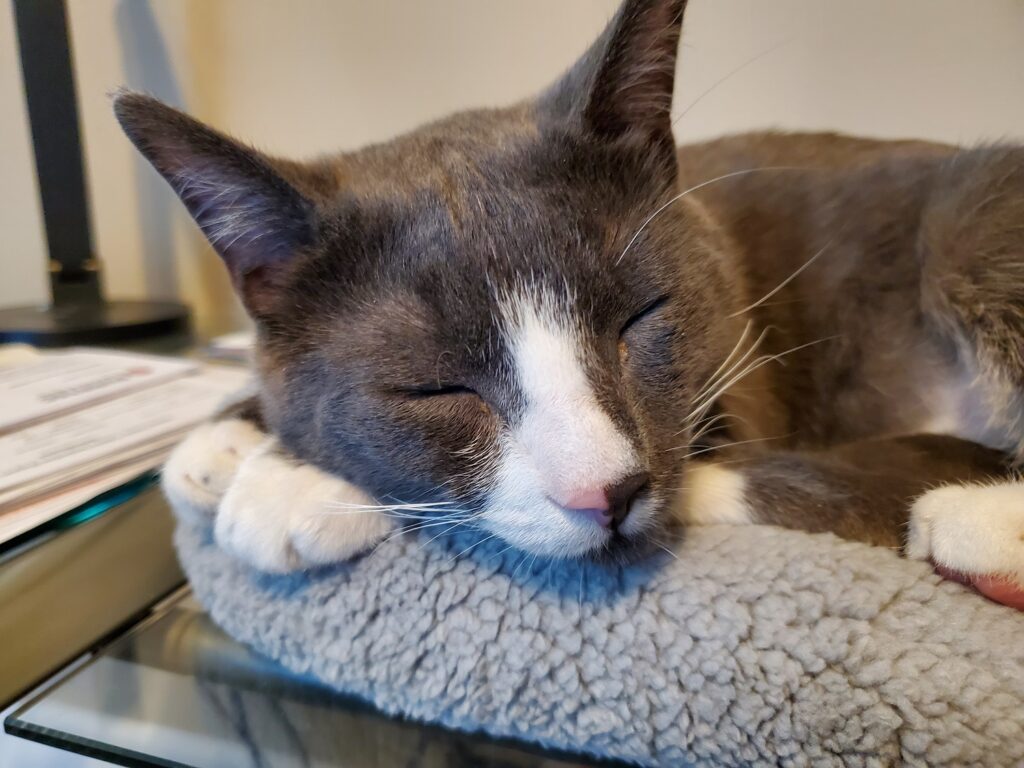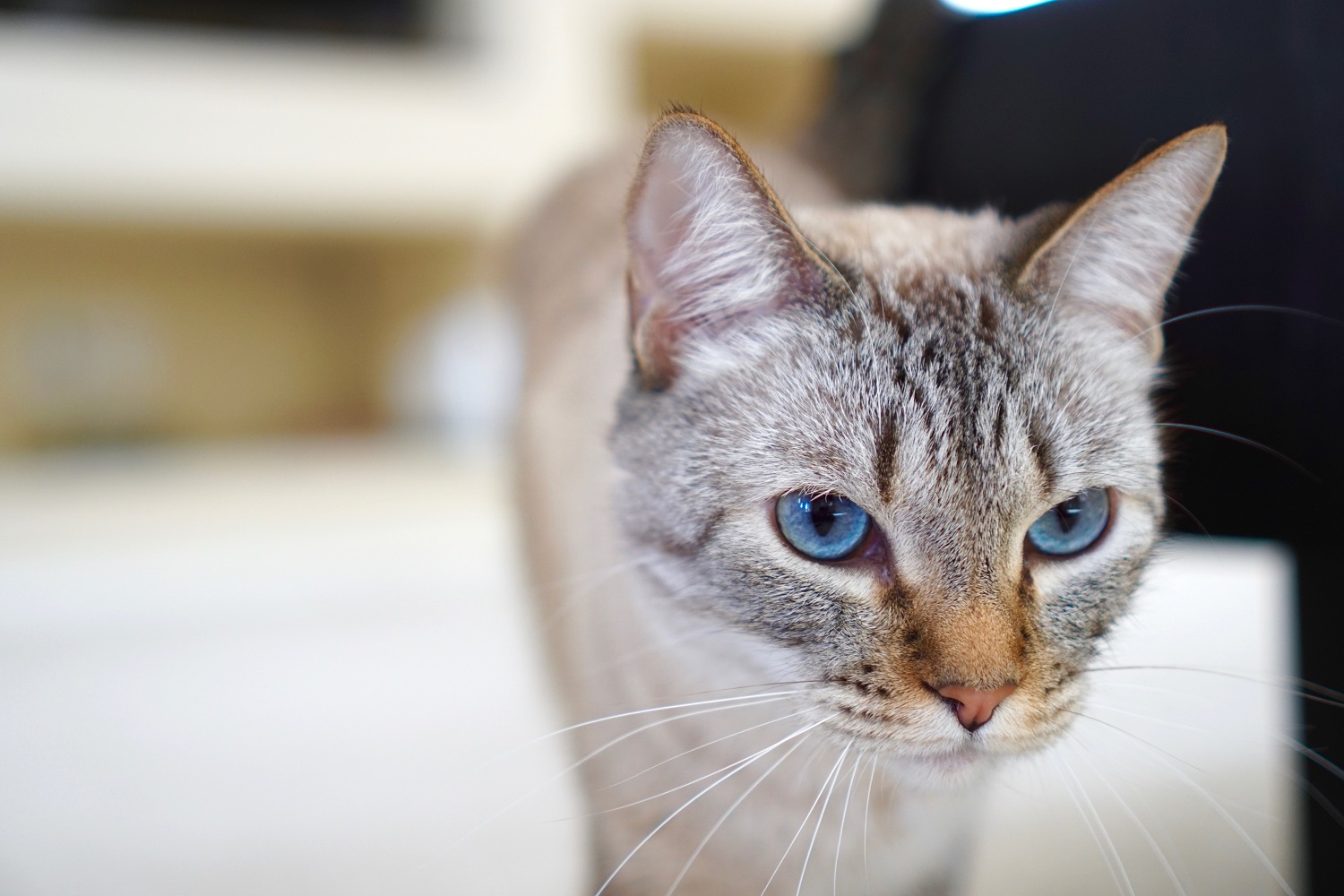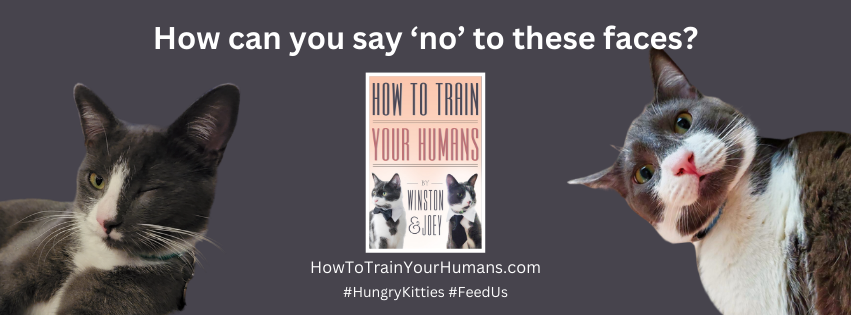One minute, your cat looks majestic and mysterious. The next, you spot a lone whisker on the floor and wonder if something’s wrong. When a cat’s whiskers break or fall out, it can definitely raise concern, but in most cases, it is totally normal.
Whiskers are specialized hairs, but they are still hairs. Like fur, they can shed naturally, wear down over time, or even get damaged through a cat’s daily antics. That said, excessive loss or breakage could be a sign of stress, health issues, or environmental factors.
Let’s dive into the truth about whisker loss, what causes it, when to worry, and how to help keep your cat’s face sensors in top shape.
What Cat Whiskers Actually Do
Whiskers, or vibrissae if you want to sound fancy, are not just for looks. These extra-long, stiff hairs are deeply embedded and packed with nerve endings. Whiskers help cats navigate, hunt, sense vibrations, and detect nearby objects, even in the dark.
They are like built-in antennae that pick up subtle information from the environment. Whiskers also help your cat judge whether they can fit through a space, which is why trimming them can really throw off their balance and confidence.
Your cat has whiskers on their muzzle, above their eyes, on their chin, and even on the back of their front legs. And while they’re incredibly useful, they are not indestructible.
Why Cat Whiskers Fall Out or Break Naturally
It might surprise you to learn that losing a few whiskers is completely normal. Just like fur, whiskers go through growth and shedding cycles.
Common harmless reasons include:
- Natural shedding
Whiskers shed individually, and it is totally normal to find one or two on the floor from time to time. - Age-related changes
Older cats may experience slower regrowth or weaker whiskers, especially if their coat is thinning too. - Play and activity
Roughhousing, squeezing into tight spaces, or rubbing their face on furniture can all wear whiskers down. - Normal wear and tear
Over time, whiskers can fray at the ends or snap, especially if your cat is very active.
In these cases, new whiskers grow in to replace the lost ones without any intervention from you.
When Whisker Loss Might Mean Something More
While a few missing whiskers here and there is nothing to stress over, sudden or excessive whisker loss could point to an underlying problem.
Related read: Why Declawing Your Cat Does More Harm Than Good.
Here are some potential causes to keep in mind:
1. Allergies or skin irritation
Cats with allergies may experience inflammation or itching around the face, causing them to scratch excessively. This can lead to broken or missing whiskers.
2. Fungal or bacterial infections
Infections such as ringworm or dermatitis can affect the skin around the whisker follicles and cause hair loss in patches, including the whiskers.
3. Stress or anxiety
Cats under stress often over-groom, and this behavior can extend to their face. Too much grooming or rubbing can wear down whiskers faster than they can grow back.
4. Nutritional deficiencies
Poor nutrition can impact coat and whisker health. A lack of key nutrients like protein, omega-3s, or essential vitamins can weaken the structure of whiskers.
5. Parasites
Fleas, mites, and other skin parasites may cause itching and irritation around the face, leading to over-scratching and whisker loss.
6. Trauma or injury
A scuffle with another pet, a fall, or even rough brushing could accidentally damage the delicate follicles that anchor whiskers.
If the whisker loss is accompanied by scabs, bald patches, redness, or behavior changes, it is time for a vet visit to rule out medical issues.
What Not to Do with Your Cat’s Whiskers
It may be tempting to trim a whisker if it looks frayed or if your cat is going in for a photo shoot and has one rogue whisker doing its own thing. Resist that urge.
Never trim or pluck a cat’s whiskers. Doing so can disorient them, impact their balance, and cause stress. Whiskers are sensory tools, not decorative extras. Cats rely on them to move confidently through the world.
Let whiskers shed and regrow naturally. If a whisker falls out, just toss it like you would a loose eyelash. Don’t worry, your cat is not balding.

Oh, great. Another one of my whiskers just snapped off. WTF? I mean, it’s not like I need these super-sensitive, navigation-enhancing marvels to get around or anything. Well, I do have nine lives, so I guess I can afford to bump into a wall or two. #WhiskerFails #RogueWhiskers #WhiskerDisasters #FurryMeltdown #WhoNeedsEm #WTF
Winston
How to Support Healthy Whisker Growth
While you cannot control every whisker your cat loses, you can support their overall health to encourage strong, healthy regrowth.
Feed a high-quality diet
Whisker health starts with overall nutrition. Look for food that is rich in protein, healthy fats, and essential vitamins to support strong hair and skin.
Reduce stress at home
A calm environment means less over-grooming and fewer anxiety-related habits. Create quiet rest areas, use playtime to release energy, and avoid sudden changes in routine.
Brush gently
If your cat tolerates brushing, be gentle around the face and muzzle. Avoid brushing over whiskers or pulling near their roots.
Monitor for skin issues
Regularly check your cat’s face for signs of redness, swelling, or irritation. Early treatment can prevent further whisker damage.
Offer enrichment
Bored or stressed cats may rub excessively. Provide toys, scratching posts, and climbing spots to keep them mentally and physically engaged.
Final Thoughts: A Missing Whisker Is Usually Nothing to Worry About
Cats lose whiskers from time to time, and in most cases, it is no big deal. They grow back slowly but steadily, and one or two whiskers on the floor is not a sign of disaster.
That said, if your cat is losing whiskers frequently or shows signs of discomfort, skin problems, or behavioral changes, it is worth looking into. Whiskers may be small, but they can tell you a lot about your cat’s health.
So don’t panic the next time you find a little white hair that looks too thick to be fur. It is just your cat doing a little natural shedding. And maybe keeping you on your toes.
Sources:
Feline Whiskers Explained https://www.icatcare.org/advice/whiskers-the-ultimate-cat-sensor
Whisker Loss in Cats https://www.petmd.com/cat/general-health/why-do-cats-lose-whiskers
Skin and Coat Health in Cats https://vcahospitals.com/know-your-pet/nutrition-and-skin-health-for-cats
Feline Grooming and Behavior https://www.humanesociety.org/resources/grooming-your-cat
Recent Posts
Explore why cats sleep so much, including the evolutionary reasons and the health benefits they derive from their extensive sleep patterns.
Explore the causes of cat dandruff, its implications, and effective ways to deal with it so your feline friend remains happy and healthy.


